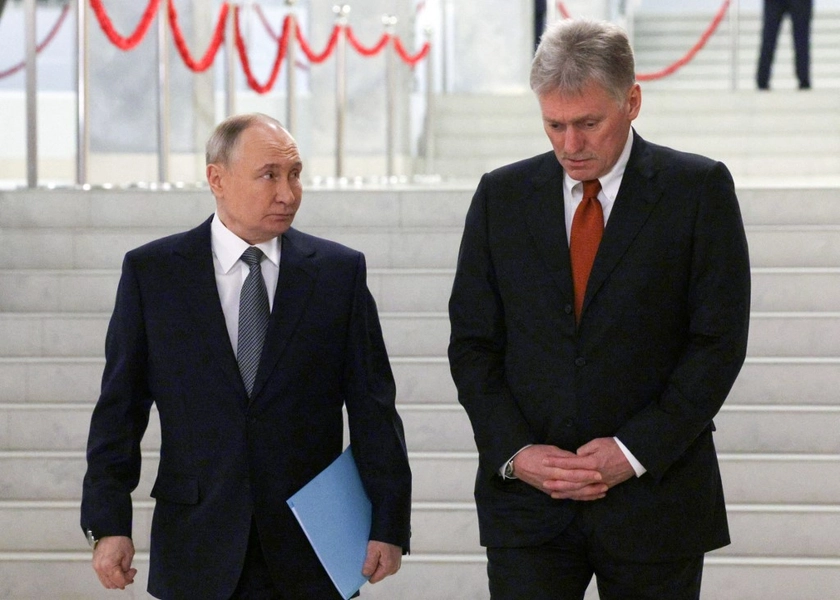The pro-Kremlin milblogger “Повернутые на Войне” (Obsessed with War) posted on Telegram on Friday that he said included a grainy video of what it claimed was a successful Russian drone strike on a “Western-made radar station” being operated by Ukraine’s armed forces (AFU) in the Kursk region.
Very quickly, online analysis of the incident concluded that the destroyed radar was actually part of the, thus far, unnamed North Korean surface-to-air missile (SAM) system based on Russia’s Tor short-range SAM (NATO: SA-15 Gauntlet), according to the report.
JOIN US ON TELEGRAM
Follow our coverage of the war on the @Kyivpost_official.

The equipment was first seen during a parade in Pyongyang on the 75th anniversary of the Workers’ Party of Korea (WPK) in October 2020.
The complete radar and control station equipment is mounted on a 10-wheeled tractor and semi-trailer which matches the images of the vehicle destroyed in the milblogger’s video. The SAM system is said to offer short range protection from a range of aerial threats, including aircraft, cruise missiles, drones, and precision-guided munitions. It was originally thought to be intended to protect government and strategic military targets in the North Korean capital.

Ukraine Must Be Part of Peace Talks to End Putin’s Terror
The system had not previously been seen in Ukraine, which has raised questions with analysts as to where it had come from, as well as where and how it has been deployed. It may be a previously unidentified weapons system provided to Russia by Pyongyang, along with ballistic missiles, ammunition stocks and self-propelled howitzers. The system may have been crewed by North Korean troops confirmed to be participating in combat in the Kursk region.
The suggestion is that the drone operator who carried out the strike was unfamiliar with the equipment and assumed it must, therefore, be a Western equipment deployed by the AFU. The incident highlights the challenges of identifying unfamiliar weapons systems provided by allies, because of the “fog of war.”
Several military analysts suggest that the loss of the equipment by friendly fire is another example of the frequent breakdown of coordination and communication both between Russian forces and now with their far eastern allies. The equipment was likely to have been provided by Pyongyang with the intention of testing and showcasing its ability to effectively engage Ukrainian and Western targets.
Some commentators suggest that high losses among DPRK troops, whom Russia is using in “meat grinder” assaults, and the destruction of North Korean military hardware by Russian forces could strain the relationship between the two countries.
Having suffered similar setbacks in the past, the AFU is known to take great pains to ensure its troops are made aware of potentially unfamiliar foreign equipment its own troops are operating on the battlefield. It seems that Russia has not gone to the same lengths to ensure the safety of “strange” weapons systems it and its allies have deployed.
You can also highlight the text and press Ctrl + Enter











